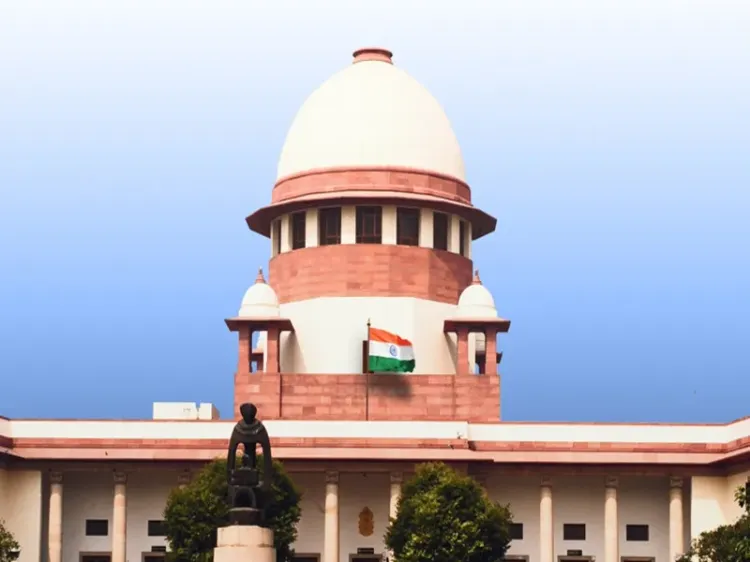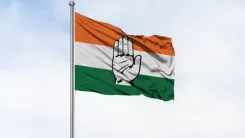PIL Files in SC to Challenge Laws 'Targeting Men'

Synopsis
Key Takeaways
- Challenge against laws targeting men.
- Claims of presumed guilt for men in domestic disputes.
- Criticism of dowry laws and their implications.
- Discussion on fundamental rights and justice.
- Concerns over discrimination in legal frameworks.
New Delhi, Feb 1 (NationPress) The Supreme Court is set to hear a public interest litigation (PIL) on Monday that calls for the declaration of laws deemed unconstitutional for primarily targeting men and unjustly presuming men as aggressors in domestic disputes. According to the list of cases published on the apex court's website, a bench of Justices BR Gavai and K. Vinod Chandran will deliberate on this matter on February 3. The petition requests the court to declare Sections 2, 3, 4, and 8A of the Dowry Prohibition Act, 1961, Section 498A of the Indian Penal Code, 1860, and its equivalent in the Bhartiya Nyay Sanhita, 2023, along with Sections 2 and 3 of the Protection of Women from Domestic Violence Act, 2005, and Section 12(1)(c) of the Hindu Marriage Act, 1955 as unconstitutional and invalid for violating fundamental rights guaranteed under the Constitution and India’s international human rights obligations.
“The contested provisions predominantly target men, permitting allegations to be treated as proof of guilt and establishing a framework of presumed culpability that contradicts the fundamental principle of ‘innocent until proven guilty’,” stated the petition filed by advocate Pankaj Sharma. These regulations unjustly assume men as aggressors in domestic disputes, violating their right to a fair trial, the petition further explained.
“Dowry is misrepresented as a tradition inherent to Hinduism, despite historical evidence indicating its origins in Roman, Greek, and Christian customs. Hindu religious texts do not endorse dowry practices; hence, laws that target Hindus in this context are arbitrary, discriminatory, and violate Article 15, which prohibits discrimination on religious grounds,” the petition continued.
The plea argued that imposing dowry laws upon Hindus while excluding Muslims reveals an arbitrary cultural misrepresentation, attempting to perpetuate an inaccurate stereotype. According to the petition, Section 2 of the Dowry Prohibition Act wrongly associates dowry with Hindu marriage practices, creating a false narrative that disparages Hindu culture by forging an association that lacks factual or historical basis.
In a similar vein, Sections 3 and 4 of the same Act insinuate that the vice of dowry is inherently linked to Hindu practices and penalizes Hindu men based on mere assumptions of dowry demand or involvement in dowry taking.
“Section 8A of the Dowry Prohibition Act, 1961, shifts the burden of proof onto the accused, violating the principle of presumption of innocence until proven guilty, a principle that is fundamental to natural justice,” it added.
The petition also pointed out that under the Protection of Women from Domestic Violence Act, 2005, women are presumed to be “aggrieved persons” based solely on their allegations, automatically categorizing men as “respondents.”
“The dowry laws and Section 498A of the IPC are exploited as instruments for harassment and extortion, particularly against men and their families. These laws embody a presumption of guilt, thus denying men their right to a fair trial,” asserted the petition.
This misuse highlights the malice embedded within these laws, fostering injustice rather than fairness, which violates Articles 14, 19, and 21 of the Indian Constitution, it further stated.
Imposing an implicit presumption of guilt upon men while assuming women as victims, disregarding individual circumstances or evidence, constitutes discrimination based on sex, infringing upon Article 15 of the Constitution and perpetuating societal bias, the plea concluded.







